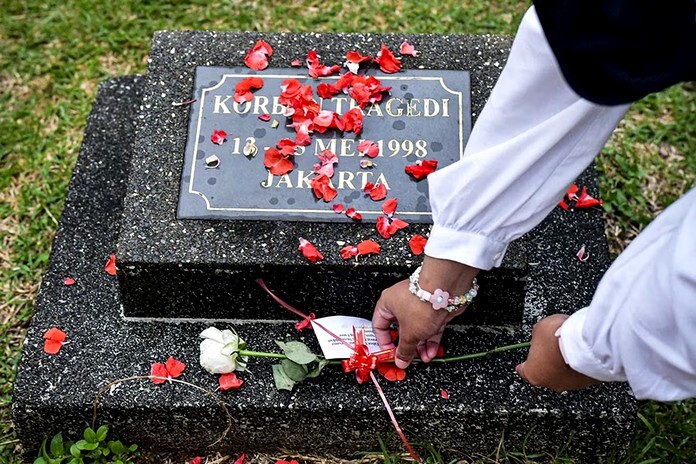27 Years of Reform: Amnesty International Highlights Decline in Political Freedoms and Social Rights in Indonesia
Between 2019 and 2024, Amnesty documented at least 530 cases of criminalization of expression using the controversial Electronic Information and Transactions (ITE) Law, with 563 individuals affected. Most cases stemmed from police cyber patrols and local government reports. Most recently, a student from Diponegoro University was arrested for “unlawful confinement” during a May Day protest.
The new Criminal Code (KUHP) continues to raise concerns with provisions that threaten freedom of expression, including laws on treason, blasphemy, and insulting state institutions. Plans to revise the Criminal Procedure Code and the Police Law seem more focused on inter-agency power struggles than safeguarding human rights.
Attacks on press freedom are also rising. Amnesty and the Journalist Safety Committee recorded at least 29 journalists targeted between January and May 2025 alone. The proposed Broadcasting Law may further restrict investigative journalism and media criticism.
Amnesty also notes violations of social rights driven by development and investment policies that echo the authoritarian era. From Papua to Sumatra, land grabbing, intimidation, torture, extrajudicial killings, and arbitrary detention continue unchecked. “If the state won’t protect its people, where else can they turn?” Usman asked.
Economic inequality is also worsening. According to Indonesia’s Central Statistics Agency (BPS), the Gini coefficient rose from 0.379 in March 2024 to 0.381 in September 2024, showing an increasing wealth gap between rich and poor.
Amnesty concludes that Reform is at a breaking point. “The authoritarian regime may be gone, but its legacy persists. If we fail to hold past perpetrators accountable and whitewash history, we risk repeating our darkest chapters,” Usman warned. Despite this, he remains hopeful, pointing to the growing number of critical voices demanding change. (Uki Ruknuddin)



























Tinggalkan Balasan